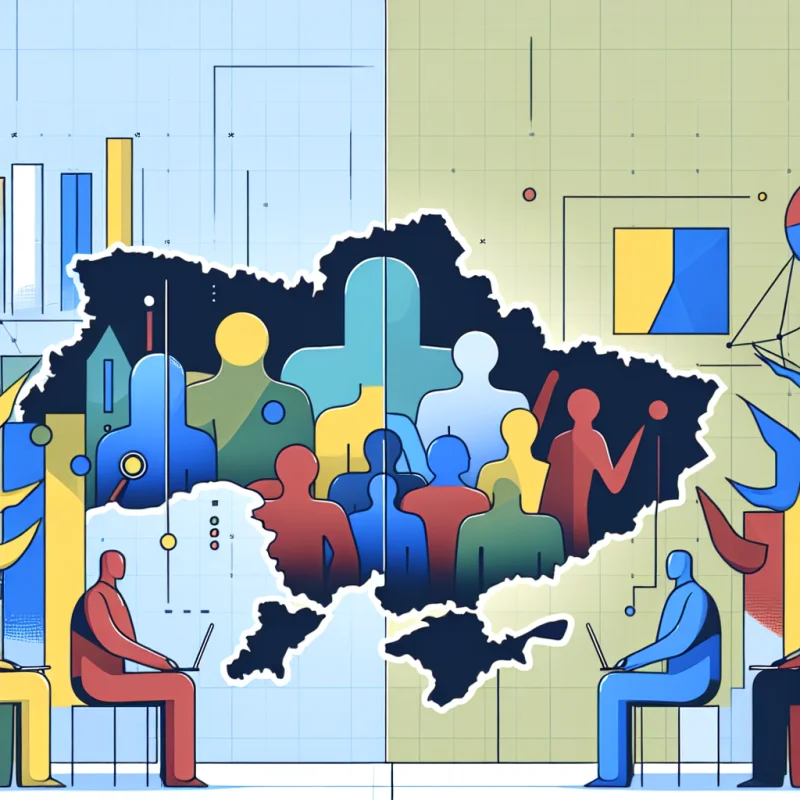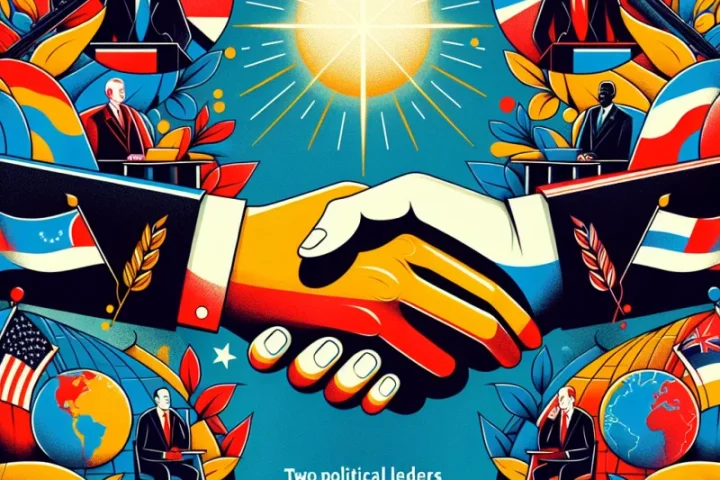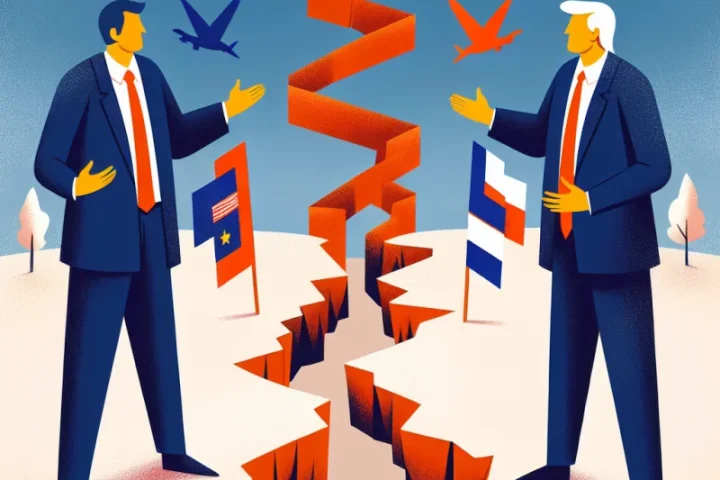Hungarian Prime Minister Viktor Orbán recently made a bold statement declaring that “Russia has won” the war in Ukraine. This assertion comes amidst speculation surrounding a potential meeting between US President Donald Trump and Russian President Vladimir Putin in Alaska on Friday, August 15. Orbán’s comments, as reported by Hungarian media and noted by European Pravda, diverge significantly from the stance taken by most European Union leaders who supported a joint statement advocating for Ukraine’s sovereignty in determining its future. Orbán’s viewpoint presents a stark contrast, emphasizing that Ukraine has essentially lost the conflict while Russia emerges as the victor. In Orbán’s assessment, the situation is no longer an ongoing war but rather a concluded one where Russia has effectively emerged triumphant. He raises questions about the West’s acknowledgment of this outcome and the resulting implications. Furthermore, Orbán criticizes Europe for missing the opportunity to engage in negotiations with Putin during the previous US administration, warning that Europe may now find itself marginalized in decisions impacting its future. The Hungarian Prime Minister’s dissent from the EU’s collective position on Ukraine stems from his belief that the joint statement portrays Europe in a negative light, undermining its credibility. Orbán’s analogy that “if you are not at the negotiating table, you are on the menu” underscores the importance of active participation in shaping geopolitical developments. Looking ahead, US President Trump’s upcoming meeting with Putin carries significant weight, with Trump expressing optimism about the potential outcomes while also acknowledging the possibility of challenges. Ukrainian President Volodymyr Zelenskyy’s concern about the talks potentially influencing Ukraine’s fate without direct Ukrainian representation highlights the importance of inclusive dialogues in resolving conflicts. Orbán’s bold assertion regarding the Ukraine conflict brings a fresh perspective to the ongoing geopolitical dynamics, shedding light on differing interpretations of the situation’s outcome and the implications for international relations. As global leaders navigate these complex challenges, the need for inclusive and transparent negotiations remains paramount to foster sustainable peace and stability.

Assessing the Impact of Orbán’s Views on Ukraine Conflict
Related Posts

Recent Posts
- Unveiling the Power: Friedrich Merz in the Spotlight
- Kim Jong Un and Putin Solidify Alliance Amid Ukraine Conflict Ahead of Trump Summit
- EU’s Bold Move Towards Fiscal Independence Sparks Debate Among Member States
- Reimagining Reality TV: A Critical Look at the Unraveling Drama of The Valley
- Haitian Gang Leader ‘Barbecue’ Indicted by U.S. Justice Department for Funding Violations
Recent Comments
No comments to show.














